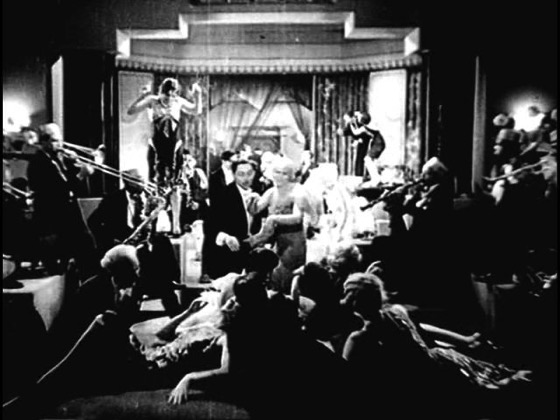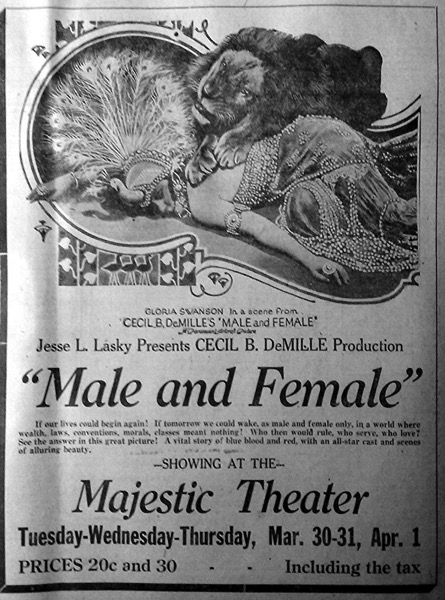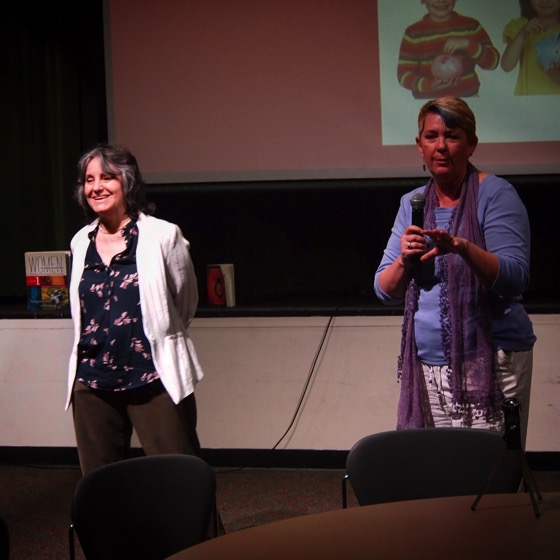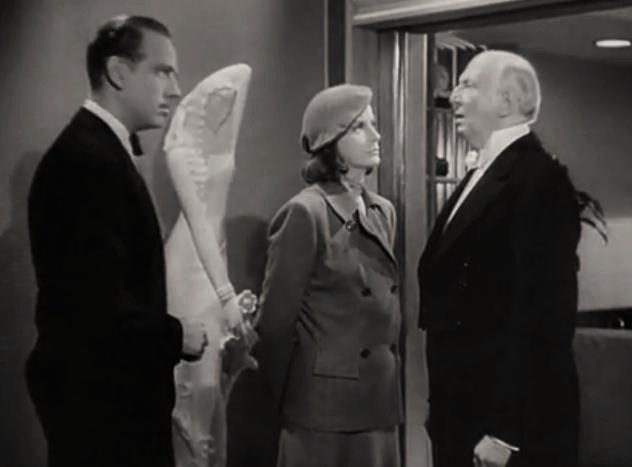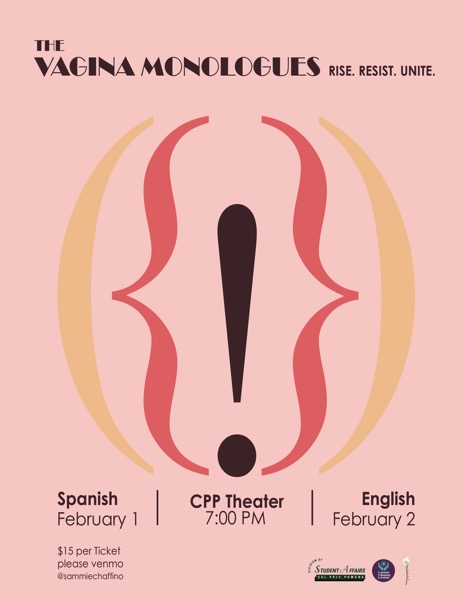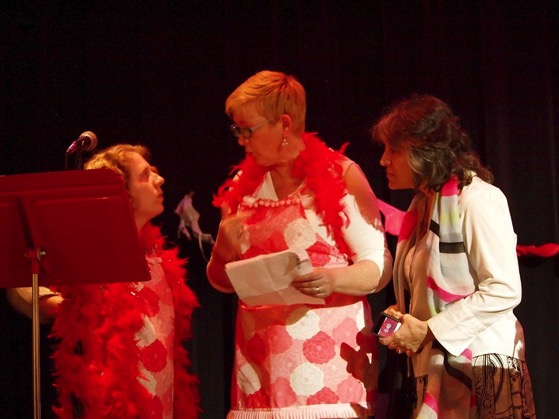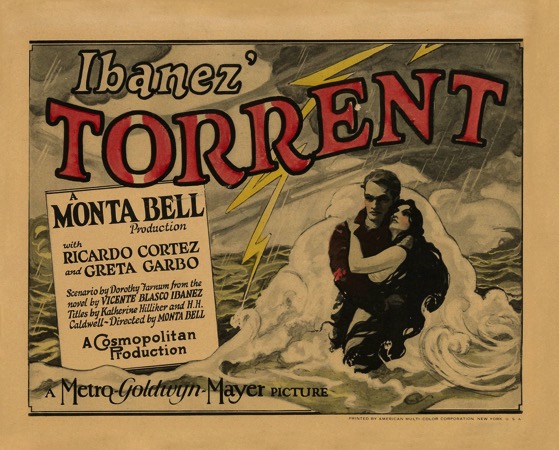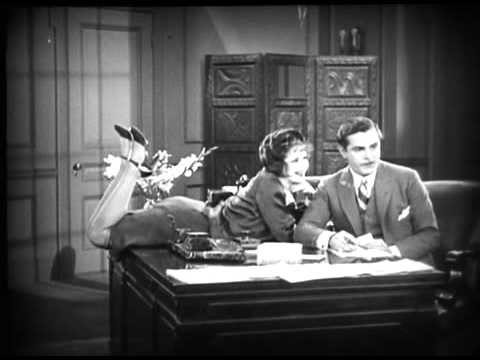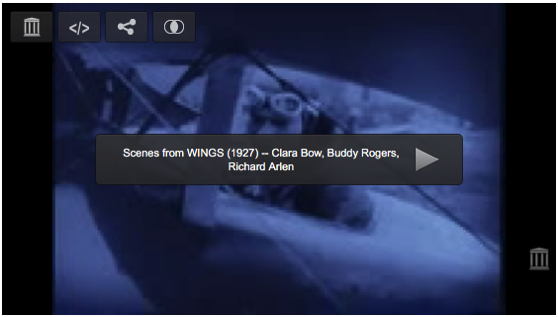A History of Screenwriting 57 – New York Nights starring Norma Talmadge, Written by Hugh Stanislaus Stange and Jules Furthman – 1929

By Employee(s) of United Artists – http://doctormacro.com/Movie%20Summaries/N/New%20York%20Nights%20%281929%29.htm, Public Domain, Link
New York Nights is a 1929 American pre-Code crime film, directed by Lewis Milestone, and based on 1928 play Tin Pan Alley by Hugh Stanislaus Stange.[2] The film is known for being leading actress Norma Talmadge’s first sound film.
Jill Deverne is a chorus girl married to alcoholic composer Fred. She wants to show Fred’s latest song, A Year From Today, to racketeer Joe Prividi. Prividi is the producer of the musical show in which she is working, and agrees to use his song. Fred, however, refuses any favors and rejects Prividi’s offer. When Prividi uses the song anyway, Fred and his friend Johnny Dolan become drunk and show up at a nightclub.
In a raid, the police discover Fred with chorus girl Ruthie. Jill is disgusted with his behavior and dumps him. She is soon courted by Prividi, who is very overprotective. At a private party, a gambler forces himself on her and is shot by Prividi. Prividi is arrested and sent to jail. Jill does not want to be left behind, and plans a future with Fred. Prividi becomes jealous and sends gunmen to shoot and kill Fred. He is eventually stopped and put in jail, while Jill and Fred ride off in a train to start a new life. – Wikipedia
Learn More About Norma Talmadge with these books
* A portion of each sale from Amazon.com directly supports our blogs
** Many of these books may be available from your local library. Check it out!
† Available at the LA Public Library
